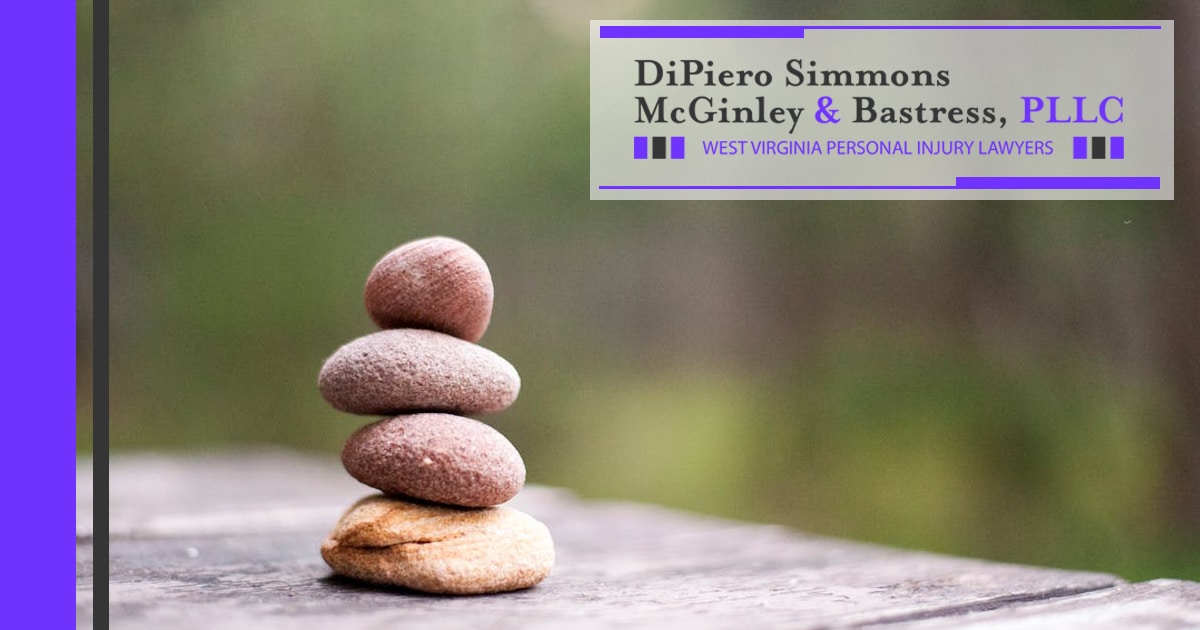
You got hurt due to someone else’s negligence. You filed an insurance claim, and your attorney successfully negotiated a settlement for your case. You’re now wondering what happens after a personal injury claim is settled like yours is. Keep reading, and we’ll cover the steps that follow.
Step #1: You Can Expect to Receive a Release of All Claims to Sign
When an insurance adjuster makes a settlement offer through the negotiation process, provided your attorney discusses it with you and you give them the go-ahead to accept it, you can expect for the insurer to draft a release of all claims and send it to your lawyer to have you sign it.
In essence, the release of all claims is a legally binding document that, once signed, prohibits you from taking any further legal action against the same defendant regarding the same injury incident. However, that agreement is not enforceable, meaning the insurance cannot hold you to it until you’ve deposited your settlement check.
Step #2: Your Attorney Will Send You a Settlement Statement to Review
When you hear the language “settlement statement,” you may immediately think about a listing of fees that you incurred when buying or selling a home. While not exactly the same, the settlement statement serves a similar purpose.
The settlement statement details all of the costs incurred in building or trying your case, such as:
- Records request fees, including ones associated with medical records or a police report
- Photocopying and printing costs
- Court filing fees
- Postage costs
- Expert witness fees
This personal injury settlement statement also outlines your attorney’s fees, which, if your lawyer, like ours here at DiPiero Simmons McGinley & Bastress, PLLC, agreed to work on your case on a contingency basis, will be reflected as a percentage fee of the overall settlement agreed to with the insurer.
You’ll need to review this settlement statement to ensure its accuracy and sign off on it, acknowledging you received it and are in agreement with it as the next step in the post-settlement stage in your case.
Step #3: You Must Remit All Properly Executed Documents to Your Attorney
You must sign and return the above-referenced documents to your lawyer. An insurance company won’t send a check to your attorney for distribution to you until they receive a release of all claims back from you as the claimant or plaintiff. Your attorney won’t distribute settlement proceeds to you unless you’ve demonstrated that you understand the fees you’re being asked to pay and, thus, how much your check will be.
Your attorney will need to remit the release of all claims to the insurer in question, and they’ll need to have their accounting department generate a check and send it back to your attorney, which can take some time to unfold.
Step #4: You Will Receive Your Settlement Check
The last step in the post-settlement process in a personal injury case is for your attorney to receive a check from the insurance company, deposit it, and wait for it to clear. Once all this happens, they can distribute any proceeds you’re due per your agreed-to settlement statement.
Issues That Can Arise During the Personal Injury Case Post-Settlement Process
There are timelines that insurers must follow in acknowledging receipt of and responding to claims filed with them, remitting checks once a personal case is settled, etc. If they fail to adhere to these West Virginia statutory deadlines and other requirements, an insurer’s actions may constitute a bad faith insurance practice. This may allow you to hold not only the party who injured you liable for their wrongdoing but also the insurer who didn’t meet their obligations as well.
Building a successful personal injury case that commands a top-dollar settlement that you deserve is challenging. Insurers often do whatever is possible to deny liability, and even if they can’t find a way to do so, they’ll sometimes do anything they can to delay making a settlement payment in a case. This is where having the skillful guidance of a Charleston personal injury attorney can be of great assistance to you. Call or email to schedule a free consultation with one of our lawyers to discuss your case and your rights.







